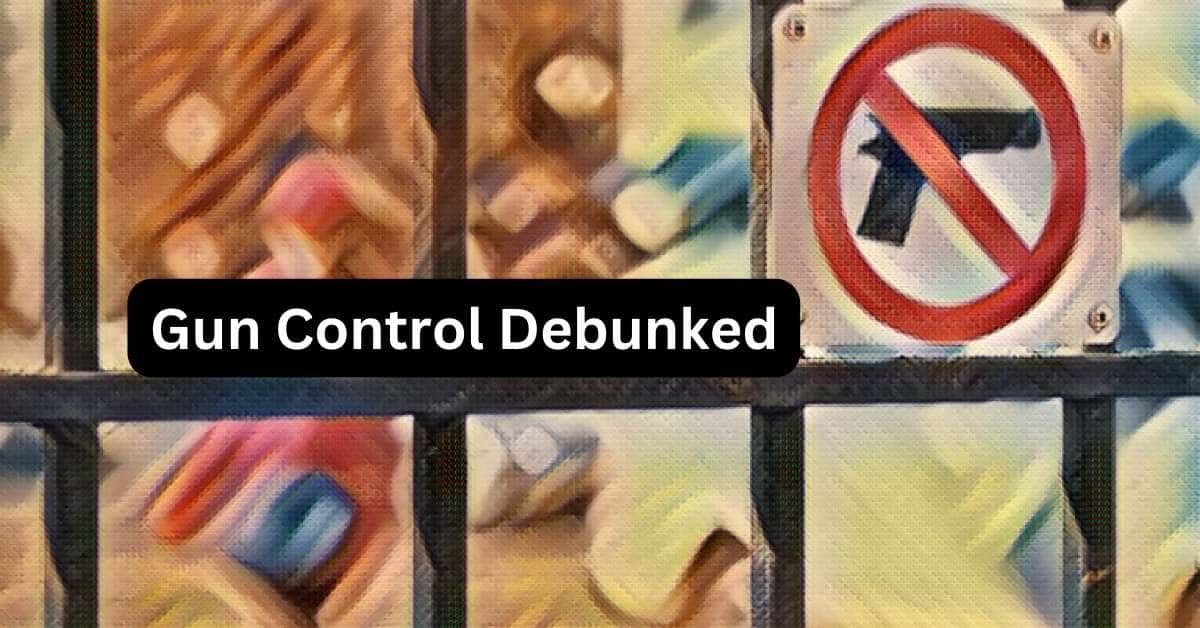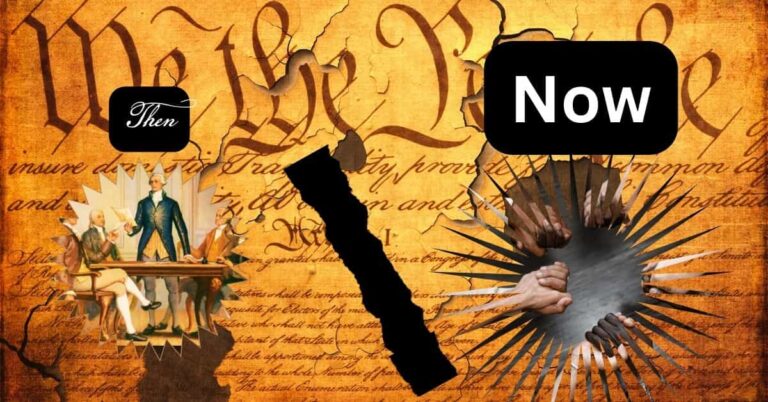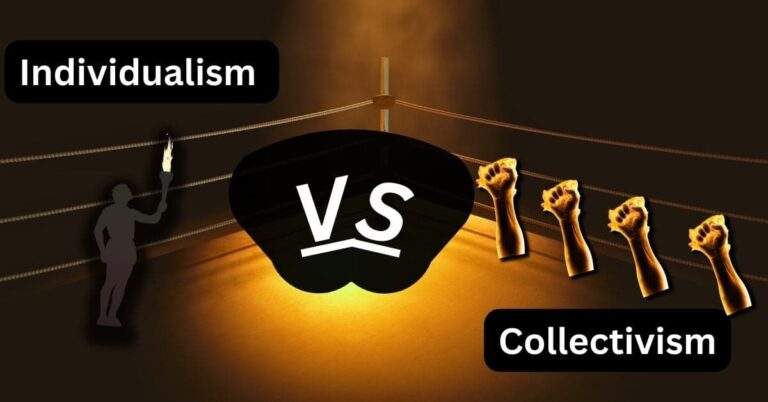Gun control advocates are relentless. Their dedication to lobbying government officials to issue firearm restrictions never ceases.
State legislatures continue to pass new gun laws every year.
Let’s examine some of the most common arguments overused by the gun control lobby below.
1. “We Must Protect the Public from Criminals.”
Meaning: Punish law-abiding citizens because of uncontrollable criminal actions.
Laws protecting the public and restricting civilian firearm ownership are separate issues. But gun control supporters don’t isolate the obvious differences.
Here are some common laws they try to implement:
- gun waiting periods
What happens if someone has an immediate threat? You could have a potential victim denying a right because of a 10-day waiting period. Someone might need the gun within 2 days and not 10 days.
- universal background checks
This restriction isn’t enforceable without a national firearm registry.
- limitations on different firearm types
The government would institute a list of acceptable firearms in one state but not in another. California’s list of approved firearms is a great example. You can possess one type of firearm in Nevada that’s not legal in California.
Thus, all gun-related laws must protect citizens at all costs. It doesn’t matter what hardships gun owners encounter.
As gun owners, we want to reduce crime. However, we don’t appreciate the disregard for a constitutional right at our expense.
Remember, gun control supporters can exercise their firearm rights. They choose not to use that right to protect themselves from criminals.
2. “Need to Enhance Law Enforcement Safety.”
Meaning: New restrictions on civilians that don’t apply to police departments.
First of all, most cops do a fabulous job of protecting the public. Many risk their lives daily to protect you.
Police deal with a criminal code of ethics. Lawbreakers don’t live by the same principles and values as law-abiding citizens.
If it takes shooting an officer to evade capture, a criminal will commit this horrible act. And to feel safe many police officers support more firearm restrictions like capacity limits on guns.
Furthermore, staunch differences exist between city police chiefs and sheriffs.
Mayors tend to appoint city police chiefs. They operate in metropolitan areas with severe gun control measures. And their support for any gun control proposal increases.
Alternatively, local more rural populations elect sheriffs. They connect closer to their constituents. As a result, they’ll refuse to enforce federal unconstitutional gun control mandates.
Civilian and law enforcement restrictions need to be the same. Sheriffs are closer to constitutional principles than appointed liberal city police chiefs.
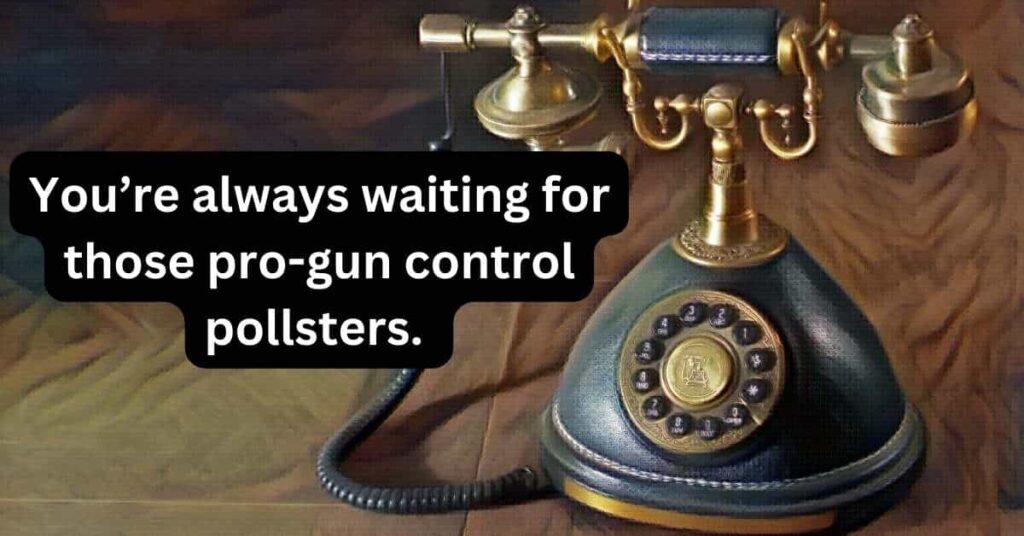
3. “New Survey States a Public Mandate Exists for Gun Control.”
Meaning: Recent polls published stating politicians have public support for new measures.
Politicians will stand on a podium and parrot this exact phrase. Presidents, governors, and mayors encourage legislators to use data for the public good.
Why do government officials push these surveys and numbers so hard? Should we believe our elected representatives?
Surveys are a small metric to determine public opinion. If you look at them, surveyors usually cold-call 1,000 to 1,500 individuals.
Imagine this…
You have dinner on the table and the phone rings. Looking at the caller ID, you see an unfamiliar number. Should you answer it?
We all know of these inconvenient scenarios of pollsters begging for your opinion.
Here is an example of a question asked:
“Do you favor or oppose stricter gun control laws?”
gun control advocate’s phraseology
Most people when they hear that question will answer “favor”. Surveyors framed it as the government will protect you if you give them more power.
A liberty-minded survey would ask the question like this instead:
“Do you oppose or support preserving civil liberties in gun regulations?”
liberty-minded phraseology
By answering support for civil liberties, this lessens government overreach. And it maintains less gun control because you want more liberty to exercise your rights.
Moreover, surveys will indicate a margin of error specified in the fine print.
For example, let’s say the margin of error on a survey is 3% and 50% of respondents wanted gun control. In actuality, public opinion could be 47% to 53%.
Surveys have their positives and negatives. Hosting public meetings at city county buildings is a better avenue to decide gun policy. You’ll hear citizens’ concerns directly.
Here is a link below for a recent survey conducted by big news agency.
4. “We Just Need Common Sense Gun Control.”
Meaning: End gun lobbying efforts to close perceived loopholes.
According to gun control advocates, current gun laws are like Swiss cheese. Holes exist everywhere, and they need repair.
With thousands of laws, many of the proposed “common sense” changes are on the federal level. Gun control supporters want uniformity to take power away from the states.
What does common sense mean?
It means laws that build upon other laws. In the end, living with a firearm becomes so complicated that no one would want to exercise 2nd Amendment rights.
Consequently, one of their biggest proposals includes “universal background checks”.
They want to close what they dubbed the “gun show loophole”. A common term for these transactions is “parking lot” sales.
A federal law would prompt all states to implement this policy.
NICS checks already regulate the retail sales at gun shows. What they propose is regulating “all sales” including private transfers. A private sale occurs between 2 individuals, not in a store.
Universal background checks require extra expense for gun owners. They would need to pay a $35 background check fee or more every time they wanted to sell a firearm to someone.
Why should you go through a background check passing on antique firearms?
It takes away the freedom and liberty of law-abiding citizens.
“Common Sense” laws refer to adding more nuisances to an already long list. They wouldn’t repeal any older statutes. And the saga of complicating gun owners’ lives would continue.
More “Common Sense” would be to read and LEARN MORE about other hazards to the 2nd Amendment.
5. “Civilians Don’t Need Military Grade Firearms.”
Meaning: Ban all AR-15 and AK-47 types of firearms.
Laws restricting these modern sporting rifles are the ultimate goal. For those who don’t understand these platforms, cosmetic appearances look threatening.
Here are some examples of accessories to beef up appearances:
- forward grips
- muzzle breaks
- additional add-ons making the rifle more tactical looking
All these enhancements make it look like an alien laser weapon to gun control advocates.
Without a government special license, all civilian-owned AR-15s are semi-automatic- not fully automatic. Semi-automatic means 1 trigger pull expels 1 bullet.
Furthermore, one common assertion is that the Founders didn’t have military-grade weapons.
On the contrary, they did.
Revolutionaries fought with their personal weapons. If a British soldier appeared, our ancestors grabbed their rifles off the mantle to go fight.
Would using your personal weapon during a war count as “military grade”?
Thus, “military-grade” could mean a weapon you have available to repel an invader.
Gun control advocates see “military-grade” weapons as a gun that appears menacing. Any gun firing a projectile can injure someone regardless of classification or appearance.
Should we ban the AR-15 ban? LEARN MORE in my article firearms and society as I discuss the impacts on you.
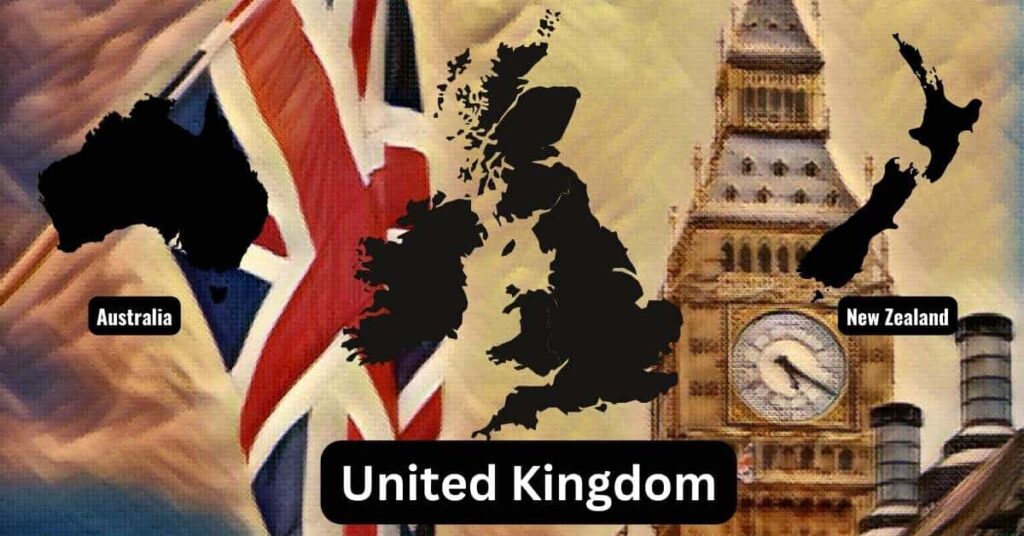
6. “Great Britain, Australia, and New Zealand Don’t Have Them.”
Meaning: Copy the confiscation laws of perceived neighbors close to Western society.
When making comparisons, people want to parallel the U.S. to similar cultures. We do have many similarities such as language and English roots.
However, those similarities don’t negate the fact we have stark differences.
Our accents vary. Many international communities can tell an Australian from an American.
We also fought a Revolutionary War freeing us from complete British influence. As a result, our governments are different.
Can the normal American tell you the distinct differences between a prime minister and a president?
Also, a big variance is that they don’t have a 2nd Amendment.
When I observe the news, prime ministers allegedly have more power than our presidents. They’re able to single-handedly ban weapons faster with legislator’s support. The pesky Constitution stops a president from those tyrannical actions.
While I respect my friends across the ocean, I don’t want their forms of government. The Constitution works as a guard against the power displayed by prime ministers.
7. “Gun Control Saves Lives.”
Meaning: Gun control will prove to show a downward trend in fatalities.
Displaying any type of favorable trend from new gun control laws takes time.
Yet, the public demands instant gratification when protesting in the streets. They want the laws to have a rapid effect.
How do they prove these regulations will save people?
Some of the biggest laws they push are:
- safe storage laws
- removing gun access to individuals below 21
- ban “modern sporting rifles”
Many gun owners aren’t against all gun rules. They want the laws to target criminals and not them.
Also, there is a lack of evidence that these acts will have an effect on crime. The trends don’t always show a dramatic improvement.
For instance, did the Assault Weapons Ban of 1994 work to stop rifle fatalities?
At the end of the “1994 Assault Weapons” Ban, a study by Christopher Koper explained the ban’s effect. We will explore what each side said about the study.
The Gun Control Lobby:
Dianne Feinstein’s pro-gun control lobby stated it reduced crime by “6.7%”. This statement assumed a total reduction of crime occurred over the entire ban’s lifespan.
But that’s a misrepresentation of the data. The study specified only a reduction between the years 1994-1995. After that period, crime ticked back up.
2nd Amendment Supporters:
On the other side, Wayne La Pierre- of the NRA- stated “The ban had no effect on lowering crime.” This isn’t completely true.
Crime was only reduced for a year into the ban.
What can we conclude from this study and both sides of the argument?
The overall effects of the ban didn’t reduce crime for people to give up their rights.
Why did you think the study showed a reduction in crime for only 1 year? Did criminals still trade weapons illegally with the ban in place?
8. “Who Gives You the Right to Own Firearms?”
Meaning: Blanket statement questioning the Constitution’s legitimacy and Founding Father ideals.
Understanding your roots plays a huge part in debunking this common argument.
People deny the 2nd Amendment as legitimate. It is clearly stated in our Constitution.
Why would historical men allow regular citizens access to firearms? There must be a gun-control conspiracy theory to explain it.
The answer is quite simple. Civilian militias existed in the 18th century as a quick-reaction force. They needed immediate access to their own weapons.
It doesn’t need any more complications. Accepting this amendment in the Constitution should be enough.
You have a natural right to own self-defense tools to protect your family, friends, and others.
If you can think of other common phrases used, let me know. I will add them to the growing list. Which ones do you hear the most often?
J. Liberty
References:
Farley, R. (2013, February 1). Did the 1994 Assault Weapons Ban Work? Retrieved from Factcheck.org.
Kiely, E. (2013, January 24). FactChecking GOP Response to Obama Gun Plan. Retrieved from Factcheck.org.
